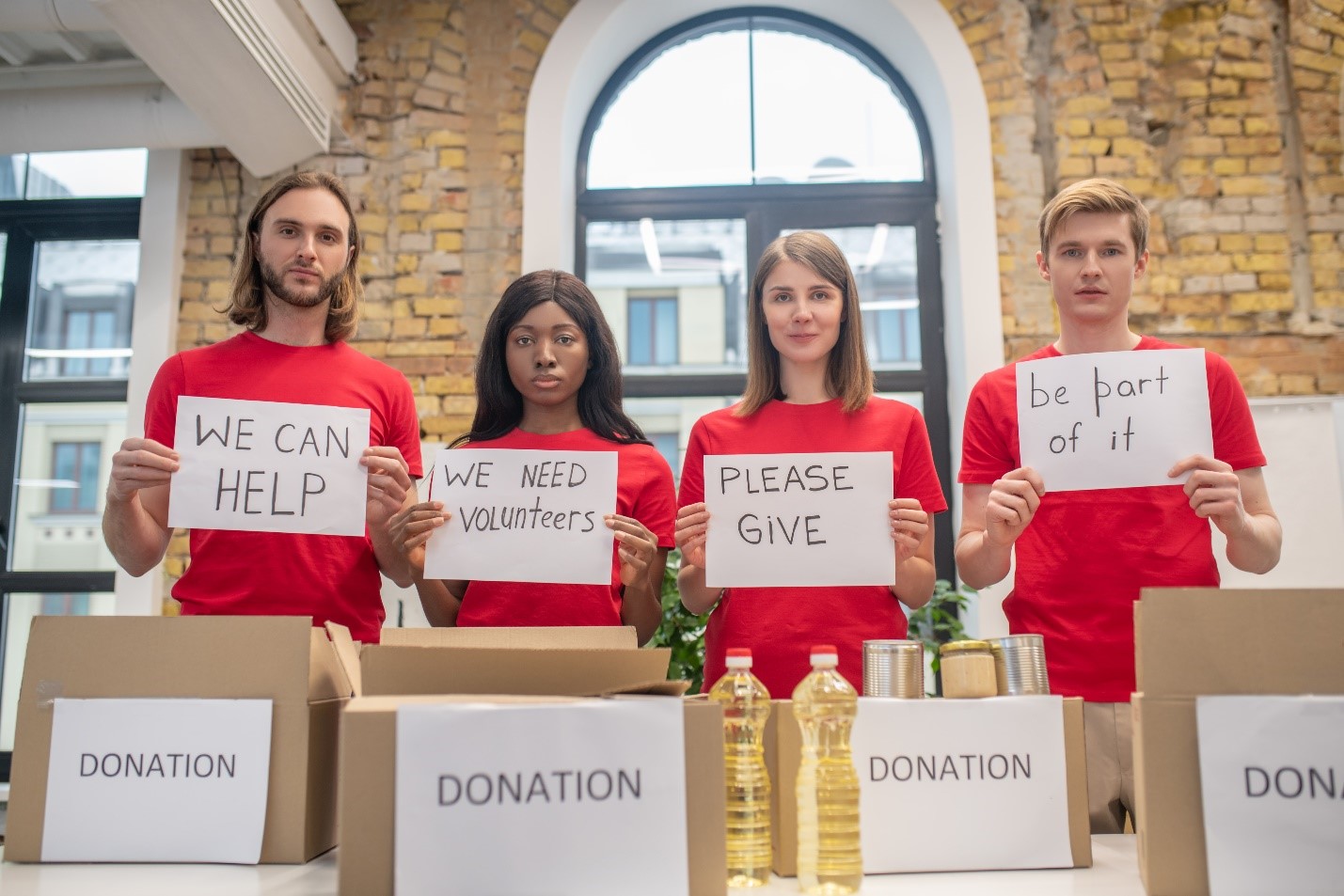Are you a humanitarian or development professional? Let’s discuss the challenges that affect us all in the humanitarian profession. I’d like to discuss three distinct difficulties to humanitarian work that raise challenging considerations for those of us who operate in the field.
- Humanitarian principles are under attack
Basic humanitarian ideals are under attack from all sides, which observers have recognized for some time. Governments and the UN frequently try to incorporate humanitarian aid into broader political goals. Governments such as the United States, for example, consider humanitarian action as part of a bigger war on terror or in pursuit of certain political goals. The United Nations is increasingly deploying integrated missions, in which humanitarian aid is “coordinated” with peacekeeping and political dialogue. Humanitarian values, on the other hand, have been questioned by a growing number of detractors who point out how humanitarians have not only failed but have frequently exacerbated the situation and prolonged conflicts.
Every day, humanitarian actors are confronted with severe difficulties in the field:
- How to strike a balance between humanitarian staff security and neutrality.
- How far should non-state parties be negotiated with to provide humanitarian access?
Some argue that the days of principled humanitarianism are numbered and that a more pragmatic approach is required. How can humanitarian organizations preserve their principles of impartiality, neutrality, and independence in such a world? How do you strike a balance between being practical, understanding the political climate in which you work, and adhering to the ideas that distinguish your organization? How do you strike a compromise between the need to be self-critical and the need to avoid additional reductions in humanitarian space? The added issue for communicators is how to describe your actions in such a way that core ideas are supported without appearing naive.
- There is still a gap between relief and development.
Humanitarian actors are involved in emergency circumstances, particularly in catastrophe preparation and response. That isn’t to say you shouldn’t be aware of what happens after the emergency has passed. There has been discourse about the need for a better transition from relief to development since the mid-1980s. Countless papers have been written, conferences have been held, and recommendations have been made, yet we are still not there. When humanitarian actors depart and development actors arrive, there is still a vacuum.
Many nations throughout the world are emerging from significant conflicts today, and peace agreements have been signed, but development agencies say it is not yet time to begin large-scale operations. This chasm between relief and development isn’t just a matter of territory and turf; it’s a human-scale chasm. For example, we know that around half of all resolved disagreements resurface. We also understand the link between displacement and peace-building. Returning and reintegrating displaced populations can address the fundamental cause of a conflict while also preventing further displacement. What should humanitarian organizations do if the immediate crisis is gone but development agencies are not yet ready to start working? Do you intend to continue working with the affected communities? Do you encourage others to get involved?
To what extent are humanitarian players assisting in the development of national response capacity? How does this affect communicators? On a global scale, this entails paying closer attention to post-conflict communities and tracing the links between development and peace-building. It entails grappling with the very real issues of striking a balance between high-profile emergencies and simmering conflicts and being aware of the significance of communications in conflict resolution.
- The field is crowded
We operate in a crowded and diverse field. Not only is there a rising number of non-governmental organizations, but there is also an expanding number of diverse types of actors: humanitarian wings of militia groups and political parties, military actors, and civilians integrated into military operations. And, in my opinion, the media are actors in the international humanitarian system.
How should humanitarian groups position themselves in this large and diversified field? The most obvious response is that you could and should do more to set yourself apart from the humanitarian crowd, particularly from performers who aren’t solely humanitarian actors. By showcasing your uniqueness from the rest, you can underline your distinctive role and establish yourself apart from the crowd. This is also a key approach for fund-raising; non-governmental organizations, for example, want to stand out from the crowd in order to obtain both public and private donations.
However, in the vast and diversified world of humanitarian actors, another, maybe more difficult question arises: to what extent do humanitarian organizations have a responsibility to the humanitarian community as a whole? On the ground, in the middle of a humanitarian crisis, our absolute distinctions are not understood nearly as clearly as we think they are. One international employee, whether working for the UN or an NGO, is frequently mistaken for another. When a foreign NGO accuses a government of abusing its own citizens, for example, all humanitarian workers in that country may be affected. The humanitarian business as a whole is hampered when a foreign staff member raises cultural hackles by behaving badly. The actions of one humanitarian organization have ramifications for others. When Margaret Hassan, a CARE International employee, was murdered in Iraq, all international humanitarian workers in the country were aware that they were in danger.
So, to what degree does the UN or the NGO world – have a responsibility to bring in other, potentially less competent and accountable organizations? To be honest, it might be more comfortable to emphasize how different we are from ‘them,’ to emphasize our individuality, to put ourselves off from the greater community. However, I believe humanitarian actors are interconnected. This is a team effort. Some people’s actions have an impact on all of us. Is it possible to include non-traditional humanitarian organizations?
NGOs confront comparable challenges in distinguishing themselves from other humanitarian actors. But, let’s be honest, the lines aren’t always so clear. Are some NGOs truly non-governmental if they receive 90% of their funding from national governments? Are they really so different from NGOs founded by their own governments? Or from private contractors who can provide a variety of services, including security, or the unique delivery of services? It is critical to be clear about the effects of our activities in a busy and diversified sector.
Today’s humanitarian actors face enormous challenges. The line between advocating for humanitarian principles, which is part of your mission, and promoting humanitarian ideals is thin. When do you raise the alarm about an issue like the effects of rising food costs, and how do you do so without jeopardizing your ideal of neutrality? Do you remain silent when significant human rights violations occur, relying on other – less humanitarian – actors to intervene? Do you consider your major duty as a communicator as speaking about the tragedy – or about the efforts of humanitarian groups in general? Or both? To what extent does the necessity for public knowledge of your organization’s work in order to raise additional funding influence how you communicate what’s going on in the field?
In the humanitarian field, we are all faced with numerous questions and challenges. To get to learn how to solve these challenges, register today for courses in the humanitarian field that can help you advance your career.







